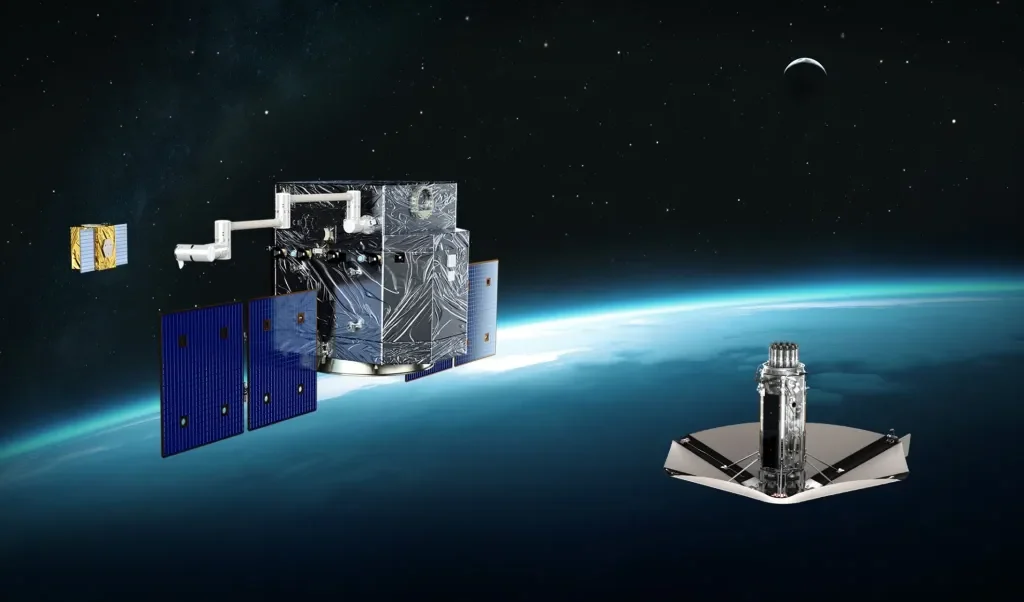Sierra Space, renowned for its development of the Dream Chaser spaceplane and collaboration with Blue Origin on a commercial space station, is expanding its presence in the national security sector. Following a recent contract win to construct military satellites, the company is targeting new areas such as in-orbit services and transportation to bolster its position in the market.
Erik Daehler, Vice President of Orbital Systems and Services at Sierra Space, highlighted the company's transition of orbital vehicle technologies from civil and commercial origins to militarized configurations. Daehler, with previous experience at Lockheed Martin and Boeing, is overseeing this strategic shift to support defense operations.
Sierra Space boasts a substantial defense backlog of $1.3 billion, including a $740 million agreement to produce 18 missile-tracking satellites for the U.S. Space Force's next-generation missile-tracking satellite network, as announced in January.
Daehler emphasized the company's focus on the emerging market for “space access, mobility, and logistics” (SAML), which has received $40 million in funding in the Space Force's 2025 budget proposal. Sierra Space's offerings include a satellite designed for precision rendezvous and close-proximity operations around other spacecraft, aimed at providing in-orbit services like refueling and maintenance for military satellites.
Additionally, Sierra Space is developing a return capsule named Ghost, capable of safely transporting cargo from space to Earth. This initiative, in partnership with the U.S. Transportation Command, aims to enable quick point-to-point delivery of supplies and equipment to support military operations or humanitarian relief efforts globally.
To support the development of these innovative space technologies, Sierra Space has established a specialized test lab in Florida, while being headquartered in Louisville, Colorado.
Daehler mentioned the company's plans for an on-orbit demonstration of the Spectre vehicle, designed for in-orbit servicing, in 2025 or 2026. He stated, “We're offering it as a product that the U.S. government could own and operate, and we've also offered it to our government customers to purchase it as a service.”
Sierra Space's efforts underscore its commitment to advancing space technologies for national security purposes, positioning the company as a key player in the evolving space industry landscape.
